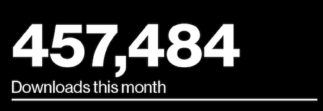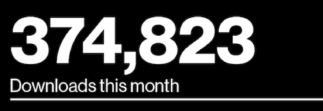
Photo by Shawn Harquall. Licensed under CC-BY-NC
In a paper published last month, researchers including MIT economist Jonathan Gruber use the repeal of Sunday shopping (or “blue”) laws in various states to determine that church attendance “may have a significant causal effect” on voter turnout in elections. They find that the repeal of blue laws, which restrict Sunday retail activity, caused a 5 percent decrease in church attendance; this in turn led to a 1 percent fall in participation at the voting booth.
Previous work has shown that churchgoers are 10 to 15 percent more likely to vote, but these studies reveal associations rather than causal effects. Gruber and colleagues seek to press further. As they note in the paper, “One promising strategy for doing so is to find changes in the environment which impact religious participation but not other relevant behaviors, and then to trace through the effects on other aspects of life, such as political participation. The repeal of the blue laws provides an example of such a change.”
The work could have implications for further evaluating the effects of public policies on religious organizations.
Explore Professor Gruber’s research in the Open Access Articles collection in DSpace@MIT, where it is openly accessible to the world.
Since the MIT faculty established their Open Access Policy in March 2009 they have made thousands of research papers freely available to the world via DSpace@MIT. To highlight that research, we’re offering a series of blog posts that link news stories about scholars’ work to their open access papers in DSpace.


